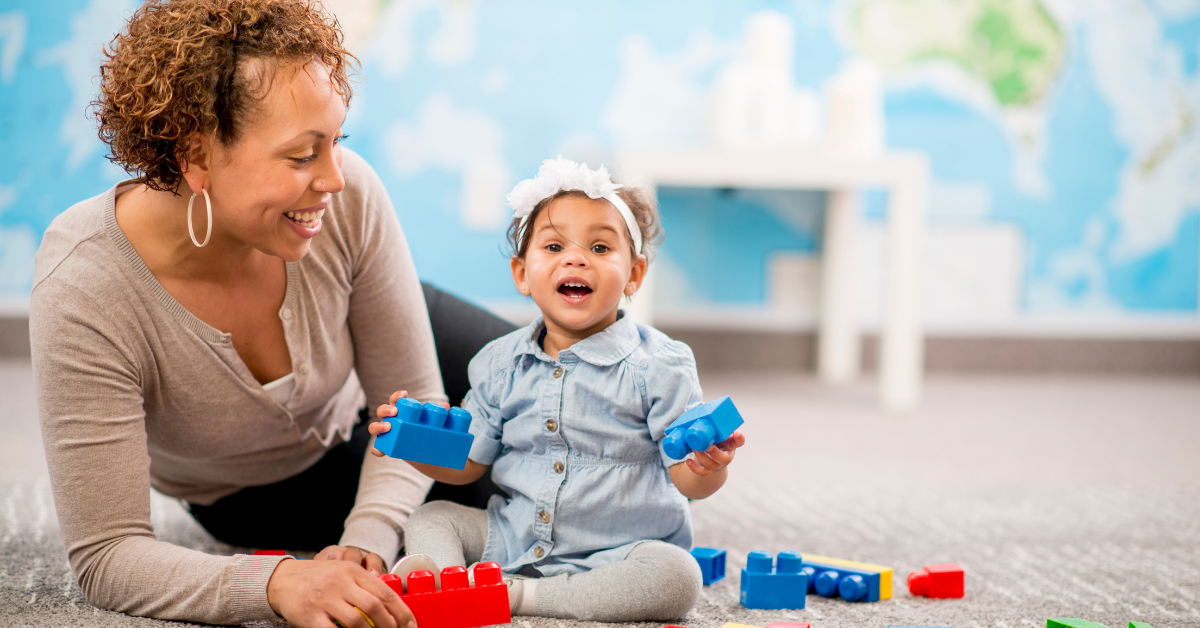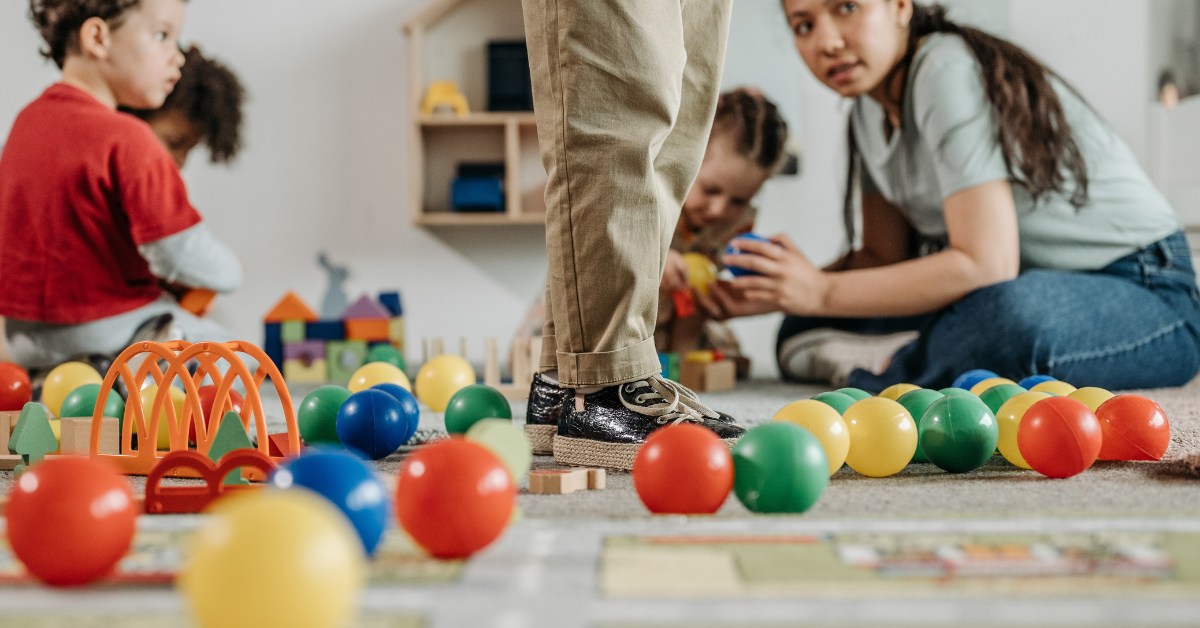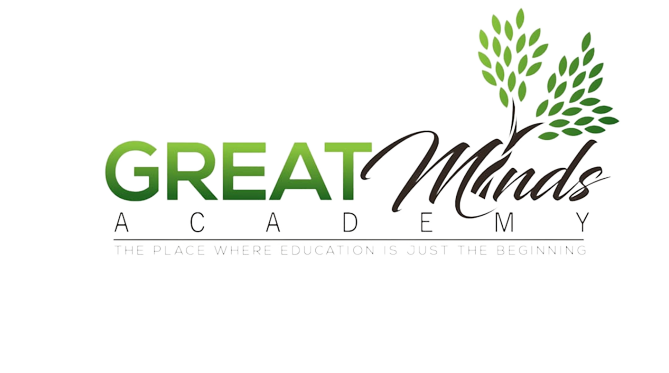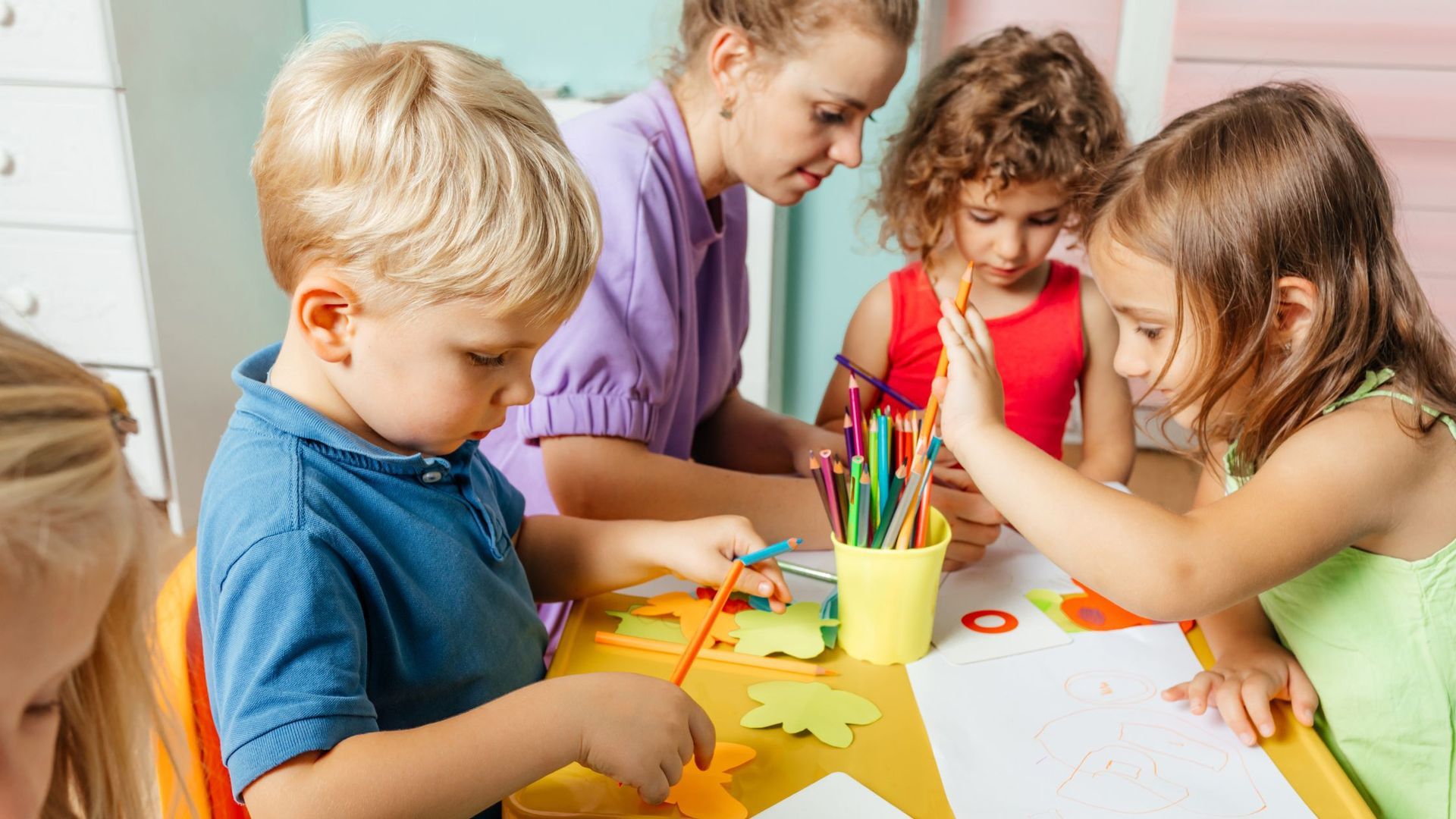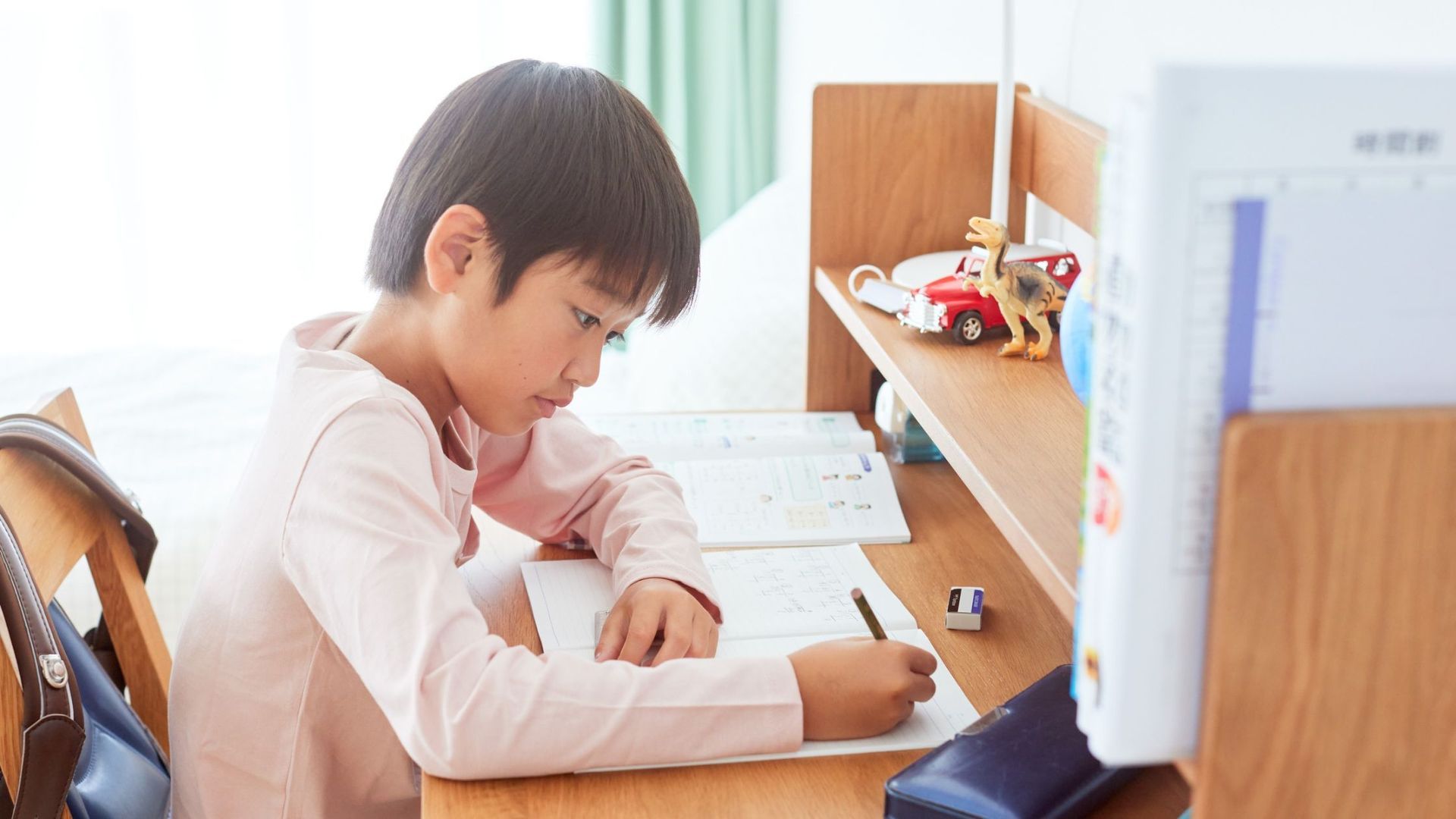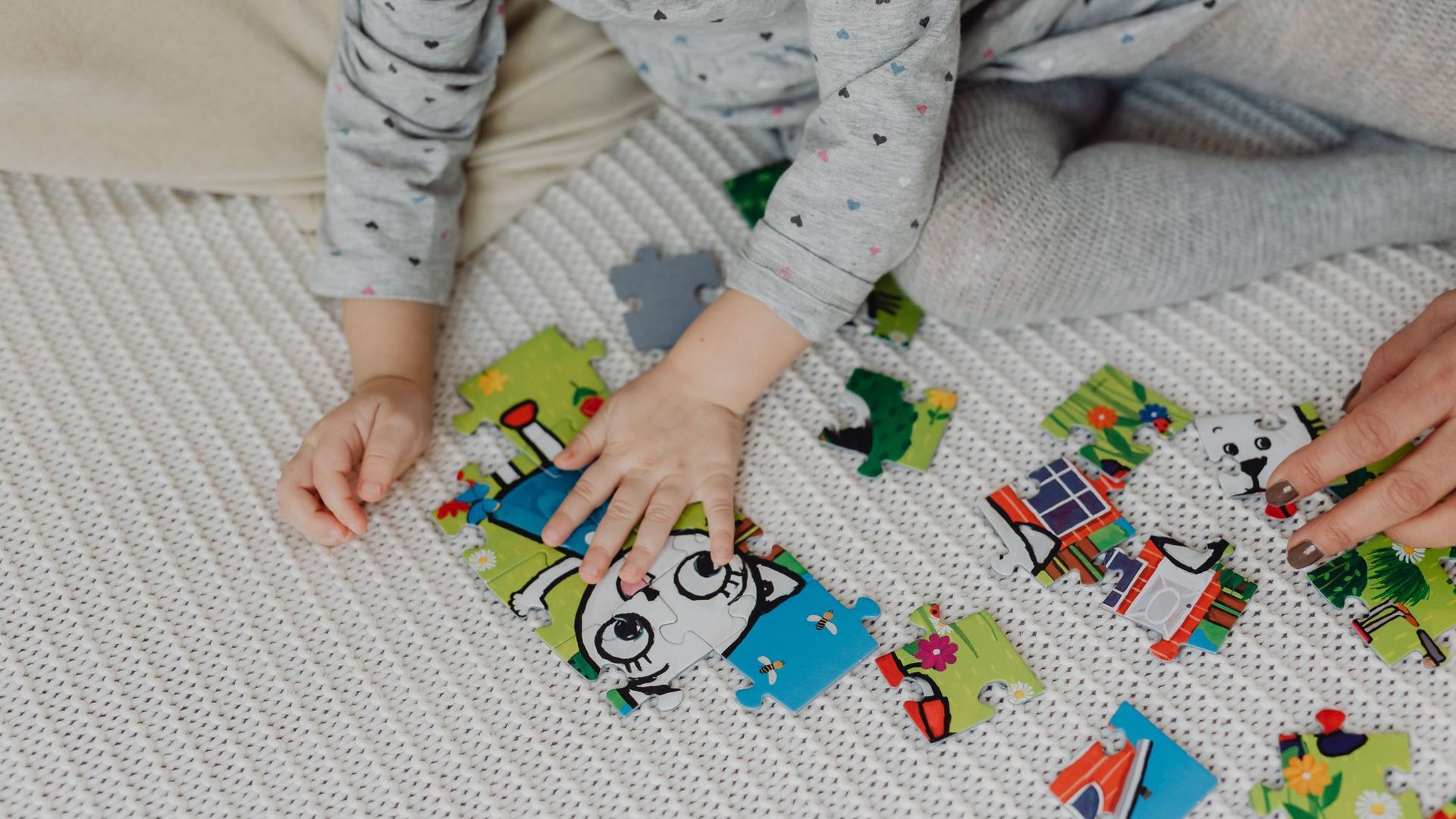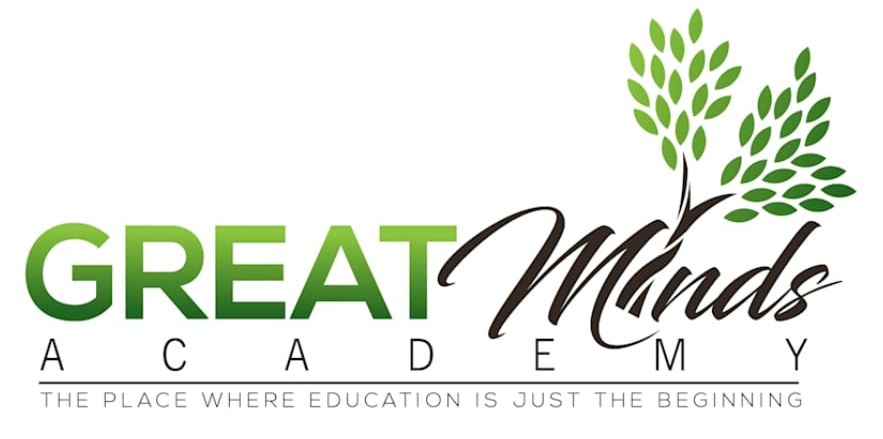The Power of Project-Based Learning at Great Minds Academy, Orlando
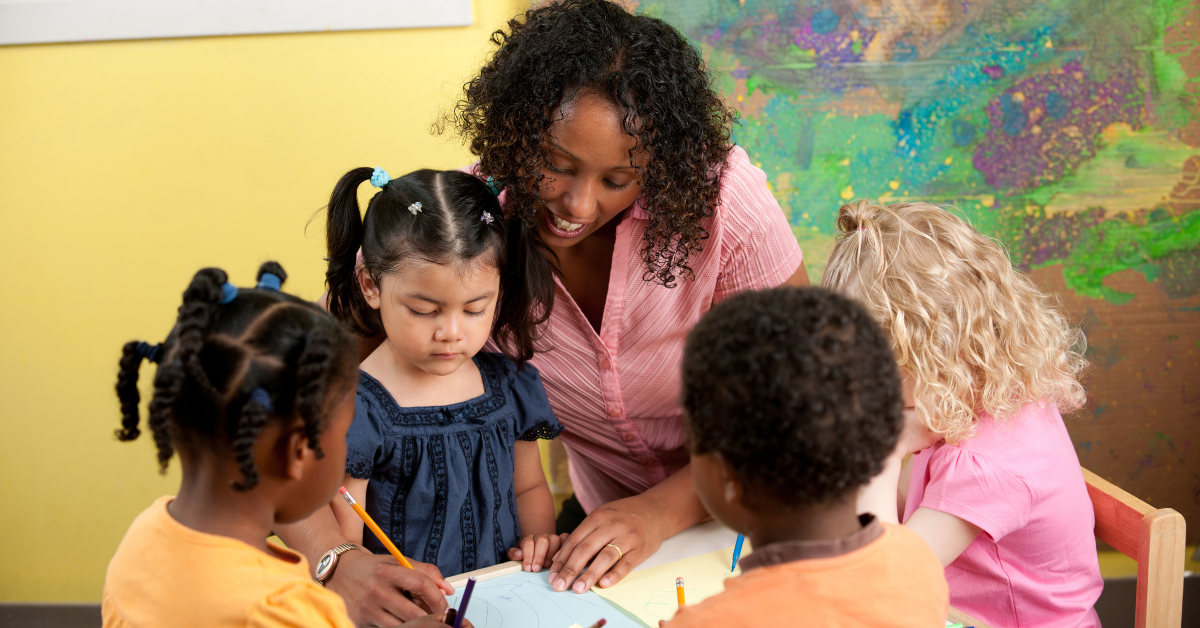
At
Great Minds Academy in Orlando, we believe that learning should extend beyond textbooks and exams. Our innovative approach to education places a strong emphasis on
Project-Based Learning (PBL), an approach that encourages students to learn through active exploration, critical thinking, and real-world problem-solving. PBL allows students to engage with complex topics and collaborate on meaningful projects, providing them with the skills and knowledge they need to succeed both academically and in life.
What is Project-Based Learning?
Project-Based Learning is a teaching method in which students work on a project over an extended period of time, typically ranging from several weeks to months. The project often addresses a real-world challenge or problem, and students are encouraged to explore, research, and create solutions in a collaborative environment. This learning method allows students to actively apply the concepts they’ve learned in the classroom to real-world scenarios.
In a traditional classroom setting, students are often passive learners, absorbing information from textbooks and lectures. However, through PBL, students are active participants in their learning process. This hands-on, inquiry-driven approach fosters deeper understanding, critical thinking, and the development of problem-solving skills.
Benefits of Project-Based Learning
At Great Minds Academy, we have witnessed the transformative power of PBL in student development. Here are some of the key benefits of this approach:
1. Enhanced Critical Thinking and Problem-Solving Skills
When students engage in PBL, they are tasked with solving real-world problems, often requiring them to think critically and creatively. These challenges encourage students to approach problems from different angles, analyze information, and collaborate with their peers to come up with innovative solutions.
2. Collaboration and Teamwork
PBL fosters collaboration as students work in teams to complete their projects. Working with peers allows them to practice important teamwork skills, such as communication, conflict resolution, and collective decision-making. These skills are crucial for success in both academic and professional environments.
3. Deeper Understanding and Retention
Because PBL encourages students to engage deeply with the subject matter, they tend to retain information more effectively than through traditional learning methods. The process of researching, testing, and refining ideas ensures that students develop a deeper understanding of the topics they study.
4. Real-World Relevance
Project-Based Learning makes learning more relevant to students by connecting classroom concepts to real-world situations. Students are motivated to learn because they can see how the skills and knowledge they gain will be used to address actual problems in their communities, the environment, or the world at large.
How PBL Works at Great Minds Academy
At Great Minds Academy, we incorporate Project-Based Learning across various subjects, from science and math to history and language arts. Here’s how PBL is structured in our school:
1. Defining the Project
Each project begins with a driving question or challenge that sparks curiosity. This question is designed to be open-ended, encouraging students to explore multiple potential solutions. For example, a science project might ask, “How can we design a sustainable energy source for our community?”
2. Research and Investigation
Students then conduct thorough research, gather data, and explore resources to inform their project. They may engage in experiments, interviews, surveys, or site visits to gather the information needed to solve the problem.
3. Creating Solutions
Once students have gathered sufficient information, they work in teams to brainstorm and create solutions. This stage involves designing, testing, and refining ideas. For instance, students might design a prototype, write a report, or develop a presentation.
4. Presentation and Reflection
After completing the project, students present their findings to an audience—whether it’s their peers, teachers, or even community members. They reflect on their learning process and consider what went well, what they could improve, and how their project made an impact.
The Role of Teachers in PBL
In a traditional classroom, teachers are often the primary source of knowledge. However, in a PBL setting, teachers take on the role of facilitators. They guide students through the process, providing support, resources, and feedback. Teachers at Great Minds Academy ensure that students are staying on track, asking the right questions, and thinking critically about their project.
Rather than simply providing answers, our teachers encourage students to seek answers themselves, fostering a sense of independence and self-directed learning.
Our Project-Based Learning approach at Great Minds Academy enhances
holistic student development by fostering critical skills and complements our efforts in
integrating technology into education, creating a dynamic environment where students thrive academically and personally.
Conclusion
At Great Minds Academy, we believe that Project-Based Learning empowers students to take ownership of their education while developing critical skills such as problem-solving, collaboration, and communication. By engaging in real-world projects, students gain a deeper understanding of the subjects they study and develop the skills they need to succeed in an ever-changing world.
In the next blog post, we will explore how we foster leadership and character development in our students, preparing them to be strong, responsible leaders who will make a positive impact on their communities and the world.




